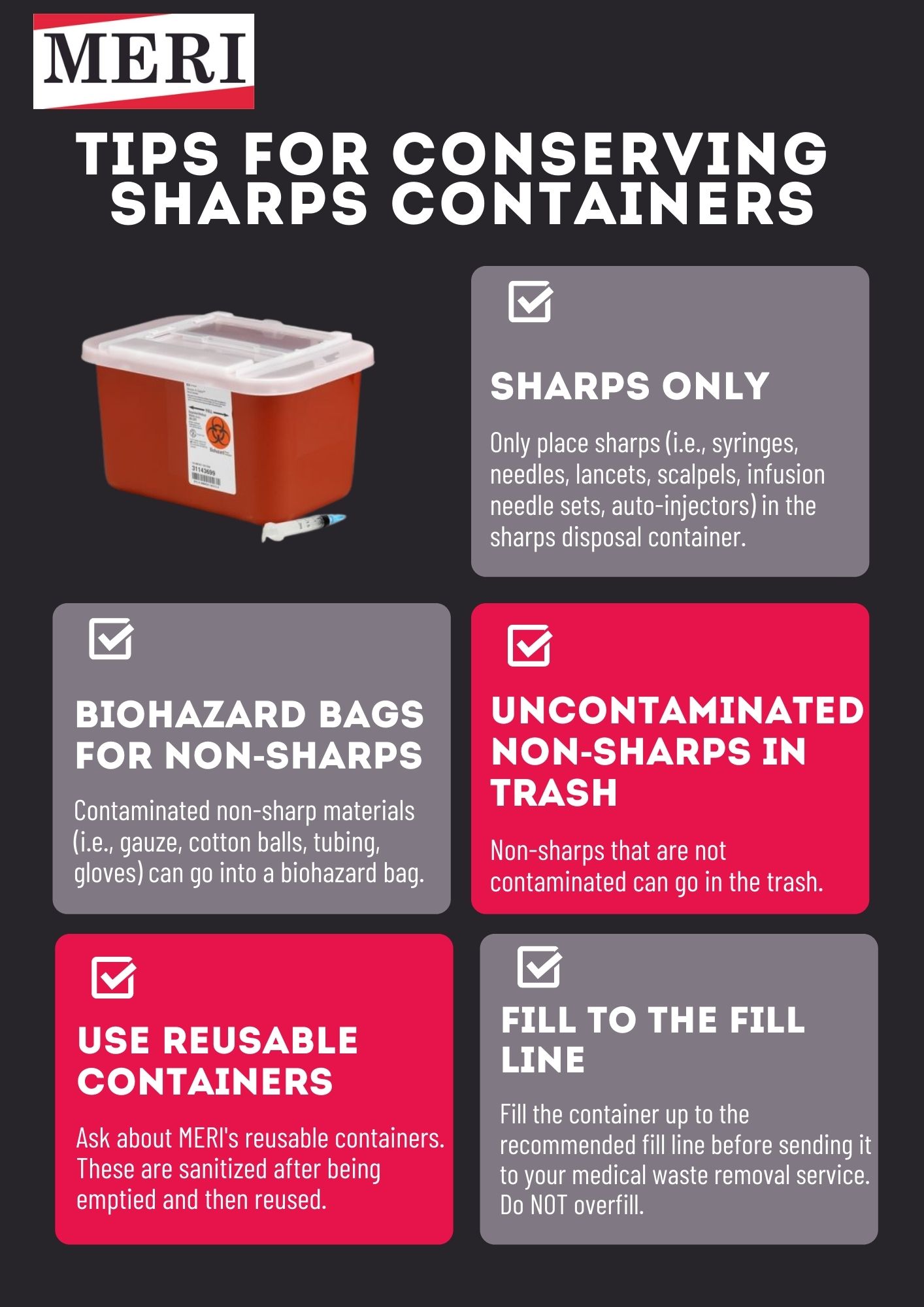Recognizing the Various Kinds Of Waste Disposal Methods
In the world of waste monitoring, the selection of disposal techniques available today is huge and varied, each technique offering a distinctive purpose in dealing with the difficulty of garbage disposal. click here. From recycling approaches that aim to give new life to materials, to the elaborate procedures of contaminated materials administration, the landscape of garbage disposal is intricate yet crucial for environmental sustainability. Comprehending the subtleties of these different methods not only drops light on the importance of accountable waste administration yet additionally motivates us to rethink our approach towards waste disposal in a rapidly developing world

Recycling Approaches
Reusing techniques are essential for sustainable waste monitoring methods in both commercial and domestic settings. medical waste disposal. By carrying out efficient recycling approaches, a considerable quantity of waste can be diverted from landfills, preserving natural sources and decreasing the ecological effect of manufacturing processes
In suburbs, curbside recycling programs play a vital function in motivating homes to different recyclable materials from basic waste. Materials such as paper, plastics, glass, and steels can be sorted and gathered for handling into brand-new items, decreasing the need for raw materials and energy-intensive production processes.
Industrial facilities additionally rely upon recycling techniques to decrease waste generation and promote a round economic situation. By executing closed-loop systems, organizations can reuse materials within their production procedures, decreasing expenses and ecological footprint. medical waste removal service. In addition, commercial recycling programs frequently entail collaborations with specialized recycling facilities to guarantee that products are effectively arranged, refined, and reintegrated into the supply chain
Composting Methods

Oxygenated static stack composting involves blending natural waste materials in a huge heap and regularly transforming it to ensure correct aeration. This method is well-suited for smaller-scale operations and houses.
In-vessel composting includes positioning organic waste in a shut container with regulated problems for temperature and oygenation. This approach is effective for taking care of food waste in urban areas. Windrow composting consists of creating long rows of organic waste and regularly turning them to advertise disintegration. This technique is typically made use of in agricultural setups.
Garbage Dump Disposal
Garbage dump disposal is a frequently used method for managing waste that can not be reused or composted. Methane gas, a result of disintegrating natural waste in land fills, is commonly gathered and used as a source of sustainable energy. Efforts to lower reliance on land fills include promoting waste decrease, reusing, and checking out alternate waste disposal approaches to lessen the environmental impact connected with conventional landfill disposal techniques.

Waste-to-Energy Incineration
Incineration of waste for energy generation is a technique significantly being considered as an option to traditional garbage dump disposal strategies. Waste-to-energy incineration includes the burning of waste products at heats, usually in specialized centers designed to generate electrical energy or warmth with the process - click here. This method not just decreases the quantity of waste that would certainly otherwise be predestined for garbage dumps but likewise uses the heat created throughout incineration to develop energy
One of the essential benefits of waste-to-energy incineration is its ability to generate electrical energy while decreasing the environmental impact compared to traditional land fill disposal techniques. By transforming waste right into power, this approach helps in decreasing greenhouse gas discharges and reliance on fossil gas for energy generation. Furthermore, waste-to-energy centers are furnished with innovative air contamination control modern technologies to mitigate potential toxic wastes launched throughout the burning procedure.
Contaminated Materials Monitoring

Considering the crucial importance of responsible waste administration practices, specifically in the world of ecological sustainability, the focus currently changes in the direction of the detailed domain name of Hazardous Waste Management. Dangerous waste positions significant risks to both human wellness and the environment, demanding specific handling and disposal strategies. Common instances of contaminated materials consist of chemicals, batteries, chemicals, and digital waste.
Contaminated materials Administration involves the recognition, collection, transportation, therapy, and disposal of products deemed harmful or possibly unsafe. This process calls for adherence to stringent regulations and standards to mitigate adverse influence on environments and public health. Different methods are utilized in managing harmful waste, including recycling, safe landfills, encapsulation, and chemical therapy.
Proper Contaminated Materials Management is critical for avoiding contamination of dirt, water sources, and air pollution. It is crucial for industries, research laboratories, health care centers, and various other generators of dangerous waste to apply robust administration approaches, training programs, and see this emergency reaction plans to make sure the secure handling and disposal of these materials. Failure to handle contaminated materials appropriately can have significant repercussions, emphasizing the importance of thorough and liable methods in this area.
Verdict
In verdict, waste disposal strategies play a vital role in managing and reducing the impact of waste on the environment. It is vital for sectors and people to comprehend the different waste disposal strategies offered and select the most appropriate approach for lasting waste administration.
In the realm of waste management, the selection of disposal methods available today is vast and differed, each technique offering an unique purpose in resolving the difficulty of waste disposal. click here. From reusing techniques that aim to offer brand-new life to materials, to the intricate procedures of dangerous waste management, the landscape of waste disposal is intricate yet crucial for ecological sustainability. Comprehending the nuances of these various methods not only drops light on the significance of accountable waste management however additionally motivates us to reassess our technique towards waste disposal in a quickly developing world
Initiatives to decrease reliance on landfills consist of promoting waste decrease, recycling, and checking out alternative waste disposal approaches to reduce the ecological footprint linked with standard landfill disposal methods.
It is important for individuals and sectors to understand the various waste disposal strategies offered and pick the most suitable approach for sustainable waste administration.
Comments on “Environmental Obligation: The Eco-Friendly Technique to Medical Waste Disposal”